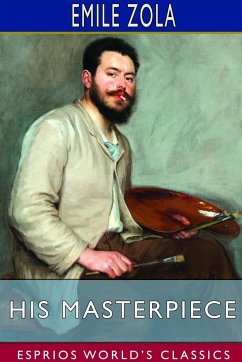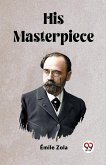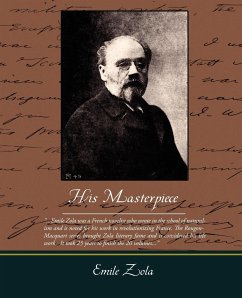L'¿uvre is the fourteenth novel in the Rougon-Macquart series by Émile Zola. The title is often rendered in English as The Masterpiece or His Masterpiece. It refers to the struggles of the protagonist Claude Lantier to paint a great work reflecting his talent and genius. L'¿uvre is a fictional account of Zola's friendship with Paul Cézanne and a fairly accurate portrayal of the Parisian art world in the mid-19th century. Many of the characteristics ascribed to Claude Lantier are a compound taken from the lives of several impressionist painters including Claude Monet, Édouard Manet, as well as Paul Cézanne. Zola's self-portrait can be seen in the character of the novelist Pierre Sandoz.
Hinweis: Dieser Artikel kann nur an eine deutsche Lieferadresse ausgeliefert werden.
Hinweis: Dieser Artikel kann nur an eine deutsche Lieferadresse ausgeliefert werden.








